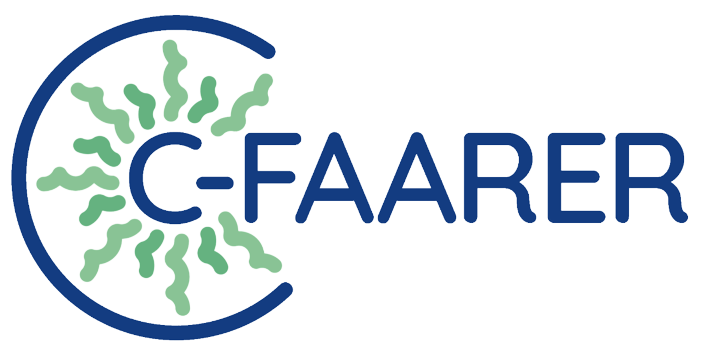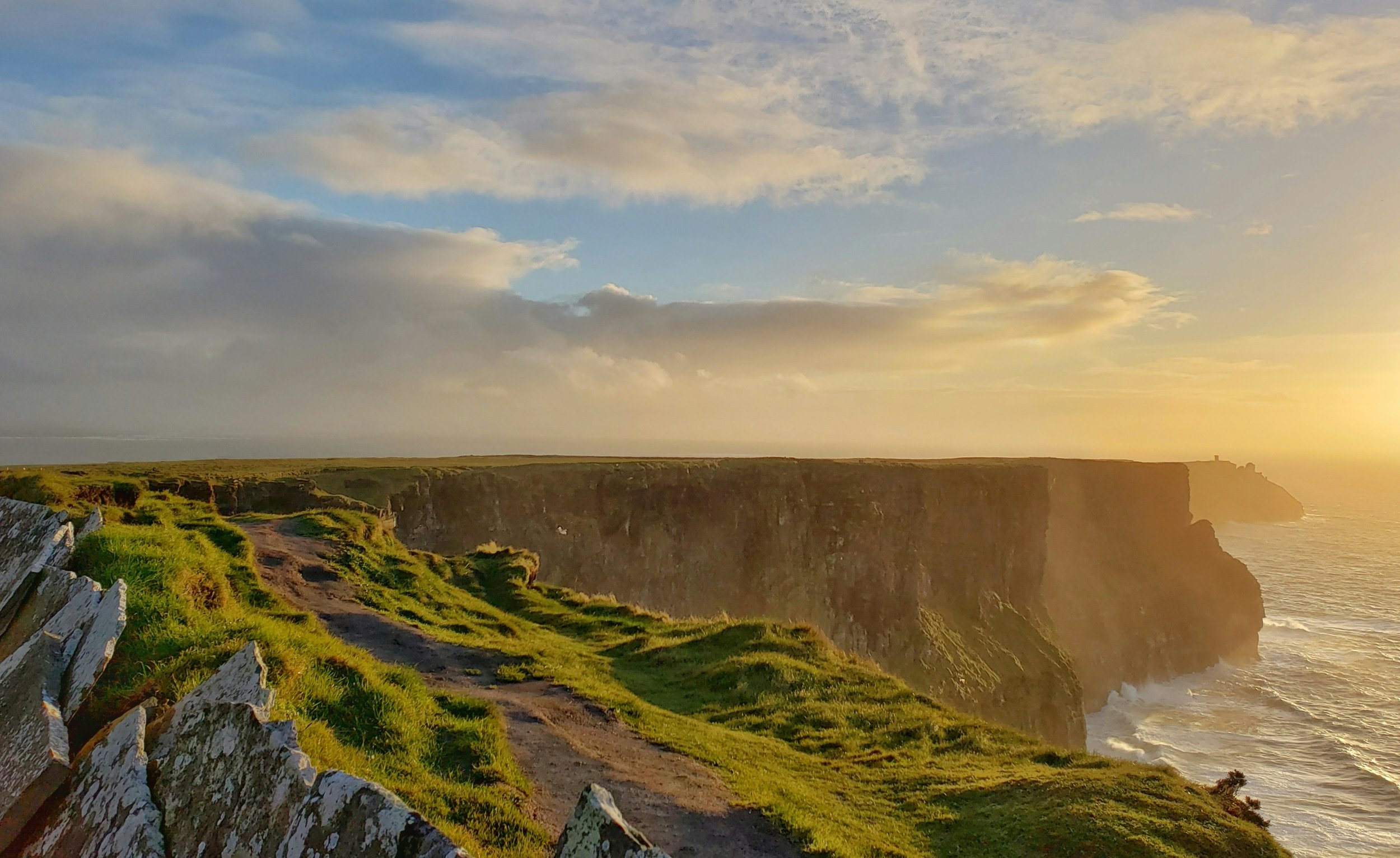Navigating the Seaweed Economy in a United Ireland
Regulatory Challenges:
The challenge that is going to be between North and South in Ireland is that the Crown owns the foreshore in the North of Ireland, while the state owns it in the South. Historically, heritage harvesters have rights to gather wild harvest in the South, whereas no such rights are granted in the North. This is an important consideration, as 90% of the seaweed sector is currently from wild harvest.
Additionally, the licensing of offshore seaweed aquaculture sites differs in process, costs, and timelines between the North and South. If we are considering a united Ireland positioning for the seaweed economy, these regulatory differences will need to be addressed to create a cohesive and equitable system.
Seasonality of Seaweed Stock
The season for collecting and building seaweed seed stock for cultivation can vary by a few months, typically ranging from February to April, depending on the availability of fertile species by location. It is crucial to ensure that there is enough fertile material to seed the target number of cultivation lines before the waters start to warm up.
Fortunately, there is technology available that can support the local development of seed stock, which should always be native to the environment in which the lines are going to be grown. Most licenses for seaweed aquaculture will reflect the fact that only native species should be grown. The incubation period to develop the seed within the hatchery will usually be 6-7 months, again, species and location-dependent, with ocean temperature being a major factor.
Extending the Seaweed Season
To expand the commercial proposition for community-based farming, it is important to evaluate the elements that are within our control. While we cannot control the warming of the ocean temperature or the empaphites that can destroy crops, we can focus on factors such as species selection, early harvesting, and crossing species to extend the seasons.
By exploring these strategies, we can shift the commercial proposition from being mass seeding, harvesting, and processing, to promoting smaller crops being grown, collected, and processed over a wider timeframe. This approach can engage more stakeholders and become more community-focused, ultimately strengthening the seaweed economy in a united Ireland.
Search the Blog….
Visit us on Instagram














